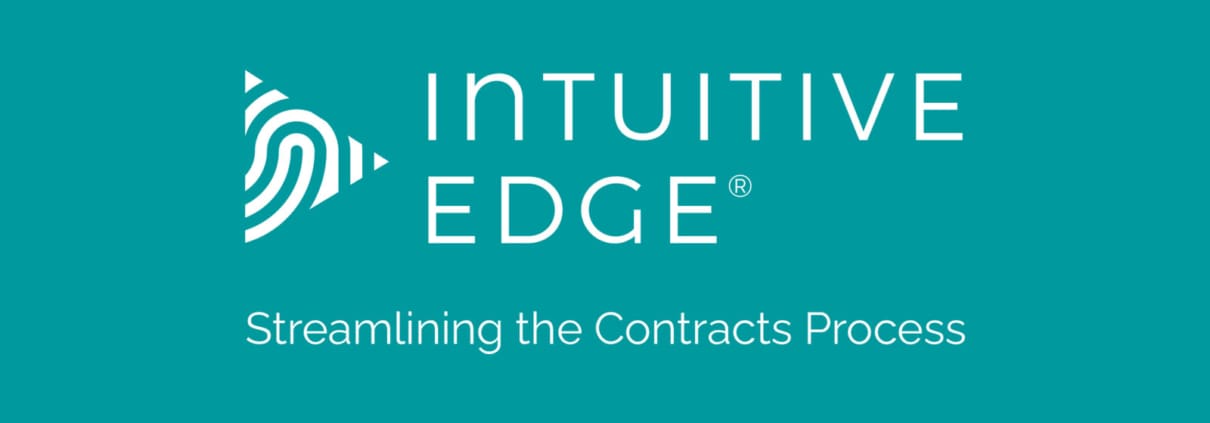What Is a Bitcoin Node—and Why Should You Care?

In the world of Bitcoin, you’ll often hear phrases like:
“Run your own node.”
“Don’t trust—verify.”
But what exactly is a node?
Do you need one? And what does it actually do?
Let’s break it down in simple terms.
What Is a Bitcoin Node?
A node is a computer that runs Bitcoin software and connects to the Bitcoin network. It’s a bit like a server in a decentralized internet—but instead of hosting websites, it verifies truth.
At its core, a node does three powerful things:
- Validates every transaction and block against Bitcoin’s rules
- Keeps a copy of the full blockchain—Bitcoin’s global transaction history
- Connects with other nodes to share and receive real-time data
There are no bosses in Bitcoin. Instead, it’s a network of tens of thousands of nodes around the world, all agreeing on what’s real by running the same open-source code.
What Is a Full Node vs. a Lightweight Node?
A full node downloads and checks the entire blockchain (over 500 GB and growing). It enforces every rule and doesn’t trust any third party.
A lightweight node (used by many mobile wallets) trusts full nodes for some information and doesn’t verify everything itself.
When Bitcoin advocates say “run your own node,” they’re usually referring to full nodes—the gold standard of Bitcoin security.
Why Do People Run a Node?
1. To Verify Everything Themselves
With your own node:
- You don’t have to trust a wallet app or exchange to tell you how much Bitcoin you have.
- You know for sure if a transaction is valid or not.
- You enforce Bitcoin’s real rules—not someone else’s version of them.
2. To Improve Privacy
Most mobile wallets leak data to third parties. But when you connect your wallet to your own node, your activity stays private.
3. To Strengthen the Network
Every node contributes to the health of the Bitcoin ecosystem:
- It resists censorship
- It ensures redundancy
- It makes Bitcoin more resilient
Running a node is like casting a vote for financial sovereignty—not just for yourself, but for the network as a whole.
4. To Use Advanced Tools
Many advanced Bitcoin tools and features work best with a personal node:
- Multisignature wallets
- Lightning Network channels
- Local signing for self-custody wallets
- Private transaction broadcasting
How Can You Run a Node?
You don’t need to be a tech wizard. There are three main ways to run a node:
- Install Bitcoin Core on your computer (free, open-source)
- Use plug-and-play hardware like Start9, Umbrel, or MyNode
- Host it in the cloud (less private, more technical)
It takes some disk space and time to sync, but once set up, it runs quietly in the background, keeping you sovereign.
Do You Need a Node to Use Bitcoin?
No. You can buy, send, and receive Bitcoin without running a node.
But if you want full control, privacy, and independence, running a node is the ultimate expression of Bitcoin’s promise:
Don’t trust. Verify.
Final Thought: Your Node, Your Rules
In today’s world, most systems ask you to trust them.
Your bank, your apps, your government.
But Bitcoin flips that script.
It gives you the tools to verify everything yourself—no permission needed.
Running a node might seem like a small act, but it’s a powerful one.
Because when truth is decentralized, power becomes distributed.
And that’s what this financial revolution is really about.







Leave a Reply
Want to join the discussion?Feel free to contribute!